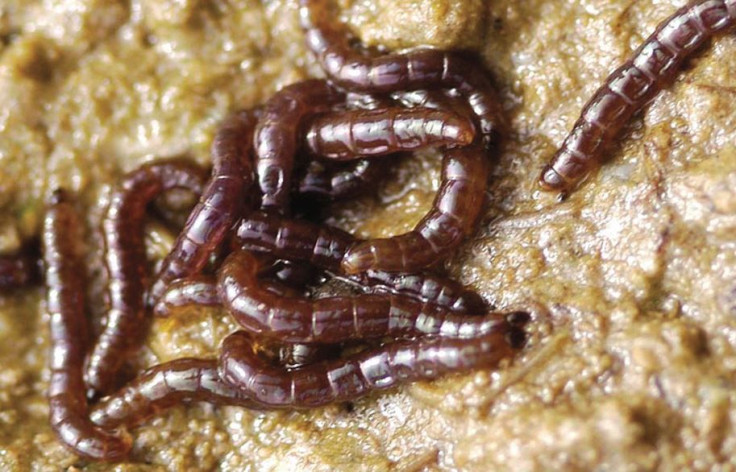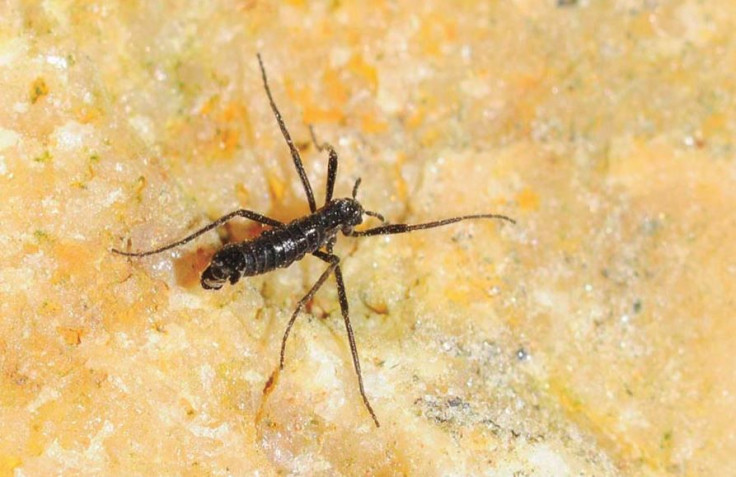Antarctic Midge Has The Smallest Insect Genome, Yet Tough Enough To Survive Extreme Environment

The Antarctic midge, a tiny flightless fly, is tough enough to survive the hostile South Pole because of its compact genome, according to a new study, which found that the creature has the smallest genome ever sequenced among insects. The researchers expect the findings to help examine how different species respond to various forms of environmental stress.
The midge, which endures high winds, salty air and the intense ultraviolet radiation of the frozen continent, spends most of its life cycle in four larval stages -- losing nearly half of its body mass each time -- that develop over two Antarctic winters. The adults emerge from the larva in the spring and summer, and live for about 10 days, the researchers said, adding that the Antarctic midge’s genome has only 99 million base pairs, or the building blocks of DNA, compared with 3.2 billion in the human genome.
“We suspect that it’s somehow an adaptation to the extreme environment,” Joanna Kelley from Washington State University, who recently sequenced and analyzed the genome, said in a statement. “And it opens up a lot of interesting hypotheses to hopefully test by sequencing additional Antarctic organisms or sub-Antarctic organisms, because there are other flies, or Diptera, on some of the sub-Antarctic islands. We’re really interested to see whether or not they have similar genomes.”

While the midge genome is small, it has nearly 13,500 genes, similar to the number in the genome of other flies. As part of the study, published in the journal Nature Communications, the researchers compared the genes with their known functions in other animals, and found a large number of genes geared toward regulation and developmental processes.
The researchers also found that the midge's genome had very few genes for odor reception, probably because the insect does not venture far, but crawls around to look for food and mates, instead of relying on the sense of smell for such tasks.
The Antarctic midge genome “opens up a lot of questions for me about genome evolution, and I’m looking at other related organisms to try and get at that question,” Kelley said. “It’s a pretty exciting fly.”
© Copyright IBTimes 2024. All rights reserved.






















